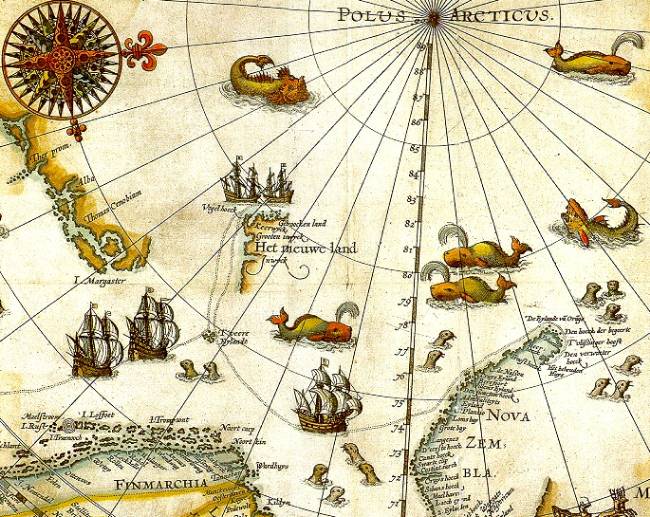|
Aleksey Pavlovitch Hansky
Aleksey Pavlovitch Hansky (Алексей Павлович Ганский; 20 July 1870, Odessa – 11 August 1908, Simeiz) was a Russian astronomer. Biography Hansky graduated from the Gymnasium (school)#Countries with gymnasium schools, Gymnasium and the University of Odessa. He did research on astrophysics and astrophotography in multi-year stays at the Paris Observatory, Observatory of Meudon and at the Leibniz Institute for Astrophysics Potsdam, Astrophysical Observatory Potsdam, where his main interest was the structure and activity of the solar surface. In particular he worked on the solar constant, granule (solar physics), granulation and sun spots. Hansky was a participant in several scientific expeditions. He observed from Novaya Zemlya the List of solar eclipses in the 19th century, solar eclipse of 9 August 1896 and from Alcossebre the List of solar eclipses in the 19th century, solar eclipse of 30 August 1905. In 1901 he participated in an expedition to Spitsbergen to ... [...More Info...] [...Related Items...] OR: [Wikipedia] [Google] [Baidu] |
Spitsbergen
Spitsbergen (; formerly known as West Spitsbergen; Norwegian: ''Vest Spitsbergen'' or ''Vestspitsbergen'' , also sometimes spelled Spitzbergen) is the largest and the only permanently populated island of the Svalbard archipelago in northern Norway. Constituting the westernmost bulk of the archipelago, it borders the Arctic Ocean, the Norwegian Sea, and the Greenland Sea. Spitsbergen covers an area of , making it the largest island in Norway and the 36th-largest in the world. The administrative centre is Longyearbyen. Other settlements, in addition to research outposts, are the Russian mining community of Barentsburg, the research community of Ny-Ålesund, and the mining outpost of Sveagruva. Spitsbergen was covered in of ice in 1999, which was approximately 58.5% of the island's total area. The island was first used as a whaling base in the 17th and 18th centuries, after which it was abandoned. Coal mining started at the end of the 19th century, and several permanent commun ... [...More Info...] [...Related Items...] OR: [Wikipedia] [Google] [Baidu] |
Ukrainian Astronomers
Ukrainian may refer to: * Something of, from, or related to Ukraine * Something relating to Ukrainians, an East Slavic people from Eastern Europe * Something relating to demographics of Ukraine in terms of demography and population of Ukraine * Something relating to Ukrainian culture * Ukrainian language, an East Slavic language, the native language of Ukrainians and the official state language of Ukraine * Ukrainian alphabet, a Ukrainian form of Cyrillic alphabet * Ukrainian cuisine See also * Languages of Ukraine * Name of Ukraine * Ukrainian Orthodox Church (other) * Ukrainians (other) * Ukraine (other) * Ukraina (other) * Ukrainia (other) Ukrainia may refer to: * The land of Ukraine, the land of the Kievan Rus * The land of the Ukrainians, an ethnic territory * Montreal ''Ukrainia'', a sports team in Canada * Toronto ''Ukrainia'', a sports team in Canada See also * * Ukraina ... * {{disambiguation Language and nationality ... [...More Info...] [...Related Items...] OR: [Wikipedia] [Google] [Baidu] |
19th-century Astronomers
The 19th (nineteenth) century began on 1 January 1801 ( MDCCCI), and ended on 31 December 1900 ( MCM). The 19th century was the ninth century of the 2nd millennium. The 19th century was characterized by vast social upheaval. Slavery was abolished in much of Europe and the Americas. The First Industrial Revolution, though it began in the late 18th century, expanding beyond its British homeland for the first time during this century, particularly remaking the economies and societies of the Low Countries, the Rhineland, Northern Italy, and the Northeastern United States. A few decades later, the Second Industrial Revolution led to ever more massive urbanization and much higher levels of productivity, profit, and prosperity, a pattern that continued into the 20th century. The Islamic gunpowder empires fell into decline and European imperialism brought much of South Asia, Southeast Asia, and almost all of Africa under Colonialism, colonial rule. It was also marked by the collapse o ... [...More Info...] [...Related Items...] OR: [Wikipedia] [Google] [Baidu] |

